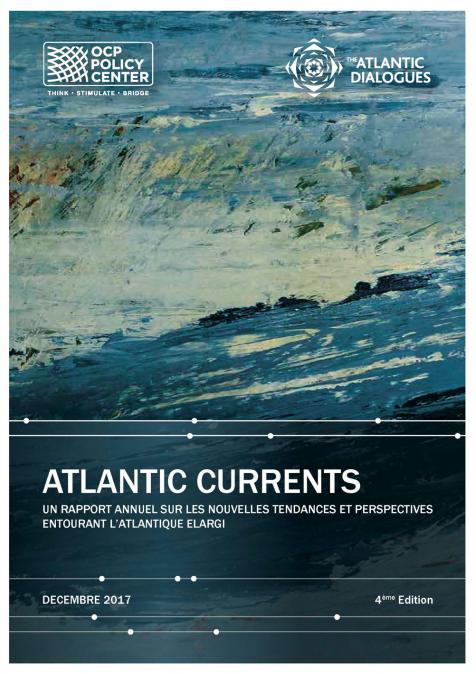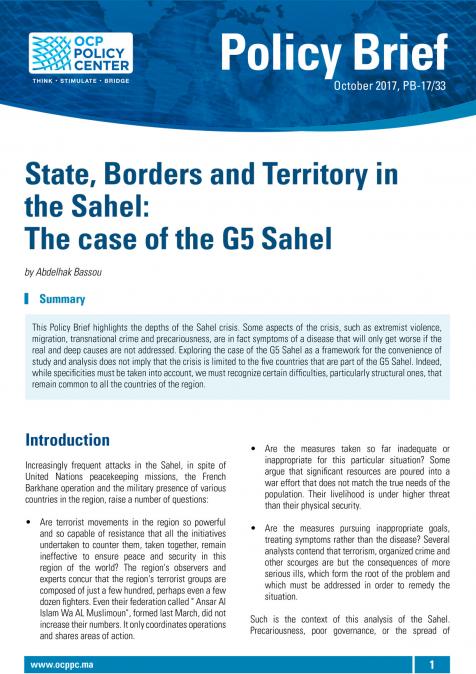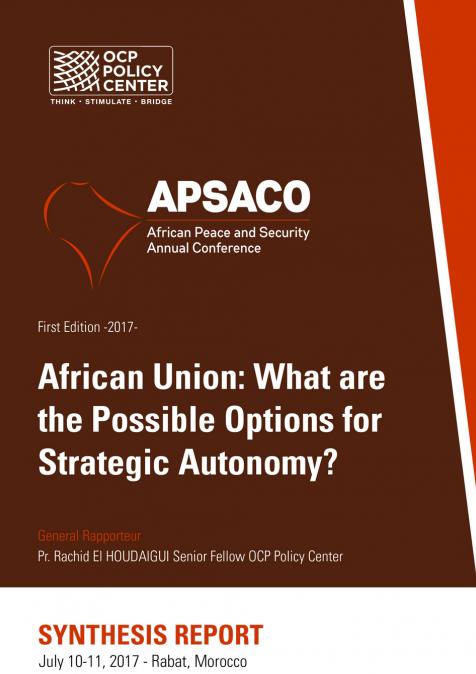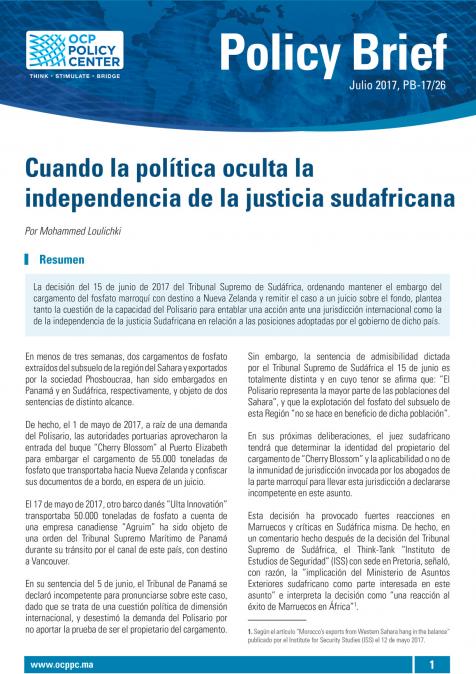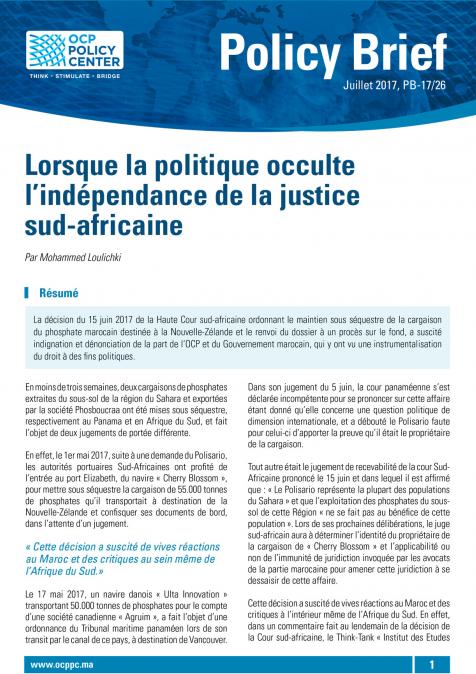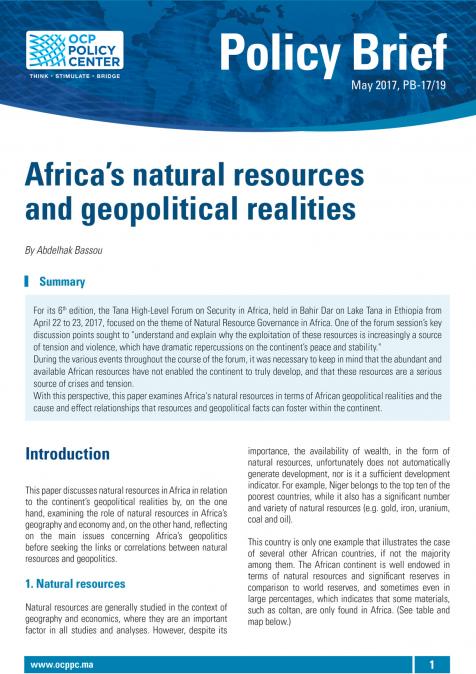Publications /
Policy Brief
The current global pattern of democratic retrenchment has multiple causes, including economic inequality, American imperial overreach, and increased migration, all of which have led to disillusionment with democratic systems, and inspired a populist demand for populist leaders. This populist wave has also led to the personalization of political regimes, democratic and authoritarian, with power highly concentrated in the hands of a single individual, as seen in Turkey, Philippines, Poland, Russia and on the African continent as well. The COVID-19 pandemic has been exploited by African regimes to crack down on opposition movements, promote disinformation, and surveil citizenry. Lockdowns in Africa have been violently enforced to ban political gatherings and electoral campaigning."


